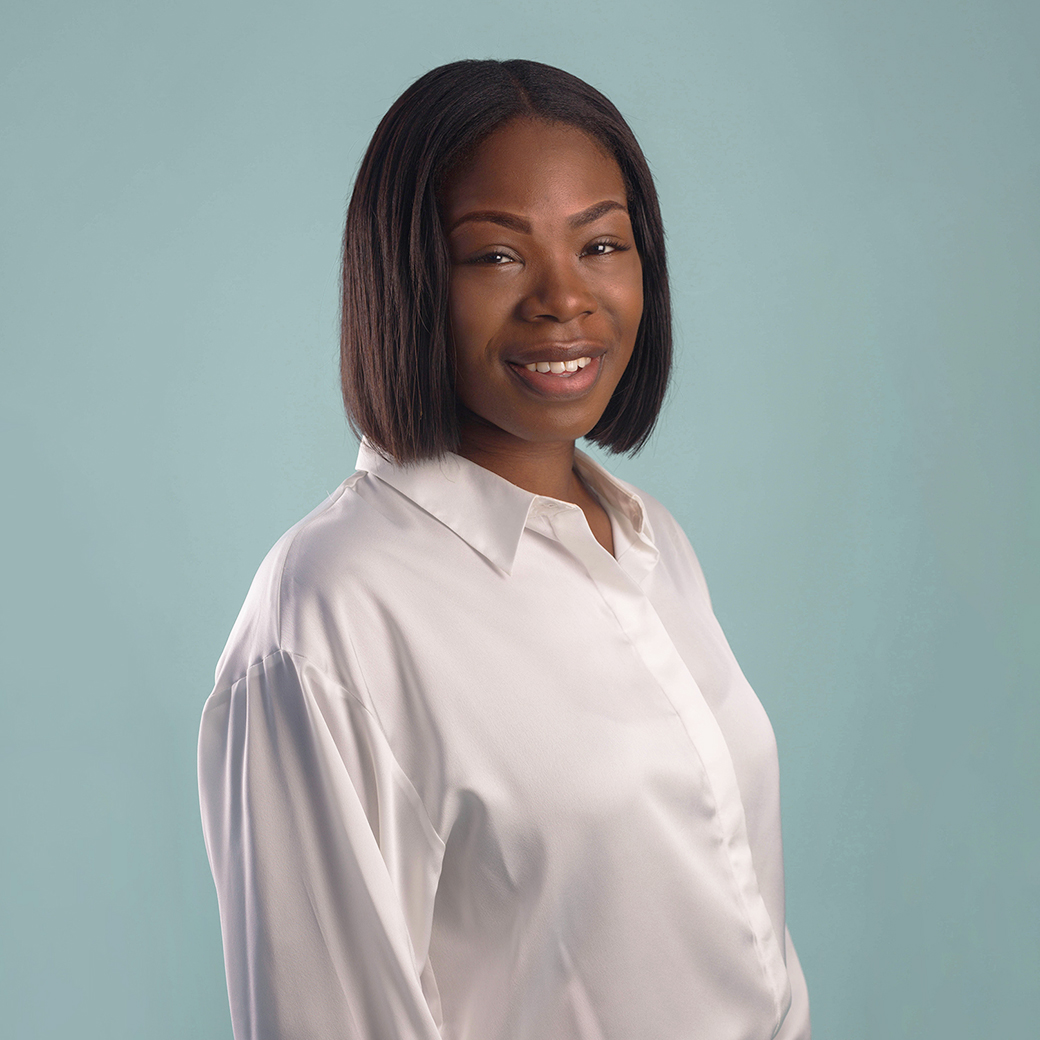
One of the more profound changes in society over the last 50 years or so is that ‘living in sin’ is widely acceptable, across the generations. Indeed, statistics confirm that over five million couples do so and, further, that in 2021 for the first time, more children were born to unmarried than to married parents.
However, there remains a remarkable level of ignorance among such couples as to their legal rights combined with a reluctance to plan ahead, and indeed even to talk about it: recent research by Scottish Widows has revealed that over a third of unmarried couples rarely discuss long-term financial planning because they see it as unnecessary, awkward, or simply too difficult. Over 55s are worse, the proportion rising to 40 percent.

John Melville-Smith, Seddons
The old term ‘common law’ husband/wife lives on in a widely held misconception that, despite being unmarried, they nonetheless enjoy rights to each other’s property and that, well, it’ll all work out alright in the end, won’t it?
It may not. And if it does, it will be at higher cost and with much avoidable aggravation.

Simone Marston, Seddons
Take a not uncommon scenario. Bert and Jill lived together devotedly, unmarried, for 25 years, in Bert’s unencumbered, £500,000 house, which he owned before Jill moved in. They have no children, together or from previous relationships. Bert always made it clear that it was their house, and that he would leave his estate to Jill, but nothing was ever put in writing. While working, they broadly contributed equally to the costs of their life together and have lived comfortably on pension income and Bert’s investment income from shares worth around £250,000. Bert suddenly dies of a heart attack leaving no will.
Bert’s closest relatives are a nephew and niece he rarely sees and does not especially like. The intestacy rules hand his estate to them, Jill receiving nothing. She may not even benefit from his pension unless he signed a nomination form, failing which the pension will form part of his estate.
Bert’s estate is liable to inheritance tax at 40 percent on its value over £325,000. Had they been married, Jill would have inherited the entire estate, free of inheritance tax, whether Bert had left it to her by will or not.
Jill has options: she can appeal to the nephew and niece to be fair and hope for the best. She almost certainly has a claim under the Inheritance (Provision for Family and Dependants) Act 1975 but this will involve legal action against the nephew and niece as beneficiaries and against Bert’s estate, with a lump sum order being the most likely outcome.
Jill might be able to argue that she had acquired an interest in the house through contributions over the years arising from a common intention with Bert that she would have an interest, but such cases are notoriously hard to prove. And anyway, these are all after-the-event sticking plasters, potentially expensive to progress, and the need for them could have been avoided by Bert making a simple will at a fraction of the cost.
So what should cohabitees do to prevent Jill’s predicament occurring?
- Vitally, recognise their inevitable mortality and discuss their wishes.
- Take advice from a solicitor or properly qualified will writer. They should not be tempted to make a DIY will. You don’t service your own car or put a filling in your own tooth. The legal profession makes far more money resolving the problems of homemade wills than it would make preparing effective ones in the first place.
- Make wills. They are the single most important aspect of financial planning but are frequently overlooked. In the absence of one, the intestacy rules say where an estate goes and this does not include ‘common law’ partners.
- How is any property owned? If the couple are beneficial joint tenants of their home, it passes to the survivor regardless of any will.
- Are there children? It is important to provide for their care, especially if both parents die while they are minors, and for the funding of their care from the estate. Guardians – even a devoted uncle or aunt – will need income from the estate and possibly access to the capital.
- When should children receive their inheritance? Who will manage it until then? Absent a will and/or specific provision, they will get their entitlement at 18.
- What about a lifetime interest only? If one or both have children by a previous relationship, or indeed other relatives, it may be that they want to benefit their partner for life, and the estate then to pass to others. This is called a life interest trust.
- Finally, keep the will under review as circumstances change. A divorce terminates an entitlement to inherit, even if the will is not changed. The break-up of a non-marriage does not have this effect. If the relationship ends, they need to change the will.




